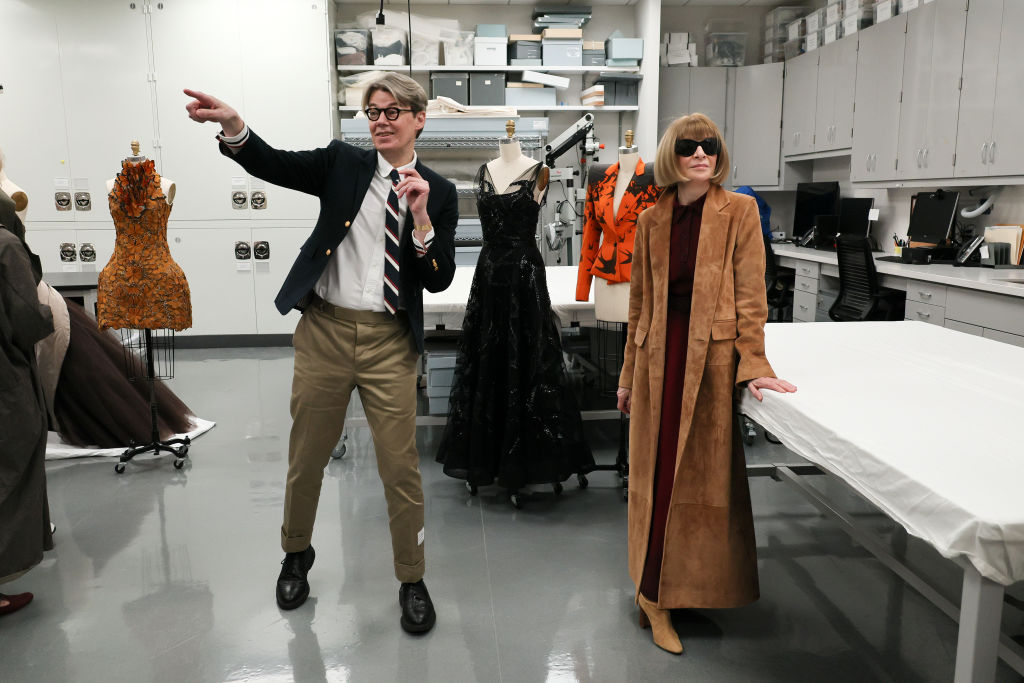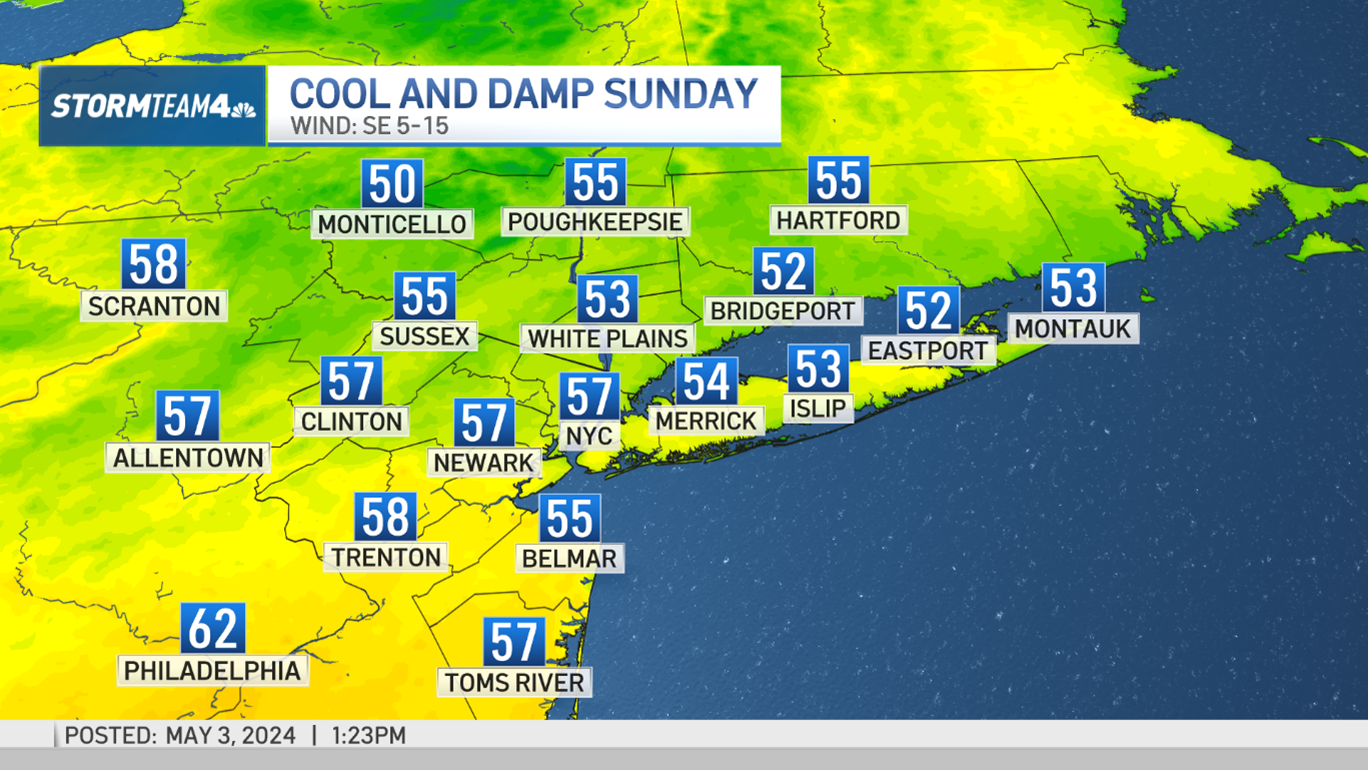Joe Lhota and Bill de Blasio spent the waning hours of New York City's mayoral race crisscrossing the five boroughs on Monday, making their final appeals to voters and arguing who's more fit to move the city past the 12-year reign of Michael Bloomberg.
De Blasio, the Democratic public advocate who has maintained a healthy lead throughout the two-month general election campaign, traveled to Brooklyn, Queens and the Bronx, where he pounded at his central themes: correcting economic inequality, curtailing police stop-and-frisks, and raising taxes on the rich to fund universal pre-kindergarten.
"Most New Yorkers are struggling to make ends meet, and it can't go on anymore," de Blasio told a lunchtime gathering of senior citizens in the Edenwald section of the Bronx.
Lhota, the Republican former deputy mayor and MTA chairman who has portrayed himself as the more experienced municipal manager, made stops in Manhattan and Staten Island. He pledged to reform the school system, cut taxes and continue the city's historic crime reductions.
"I think momentum is in my favor at this time and I'm feeling optimistic," Lhota told reporters before greeting prospective voters in Harlem Monday morning.
Lhota's outward confidence is incongruous with a steady stream of public polling that shows him running behind de Blasio by more than 40 percentage points. De Blasio, whose populist message has tapped a progressive groundswell, leads among virtually every possible voting bloc. If he wins, he'll be the first Democrat elected mayor since David Dinkins in 1989.
De Blasio said he has amassed an "army of volunteers" for election day get-out-the-vote efforts that will dwarf his operations on the Sept. 10 primary, when he sealed a come-from-behind victory in commanding style, beating a crowded field of experienced competitors without needing a runoff.
Local
He insisted Monday he was taking nothing for granted.
"It doesn't matter what the polls say," de Blasio said in an interview on WWRL radio's morning show with Mark Riley."Everything is theory as far as what the polls say."
De Blasio urged the senior citizens: "Get there early. Bring people with you."
In Harlem, Lhota's visit was preceded by a van outfitted with speakers blaring an aggressive anti- de Blasio recording that accused the Democrat of being a "classic socialist" who "doesn't believe in God." By the time he arrived, the van's operator had been told to stop.
Lhota said he'd never seen the van before, and that he found its message "outrageous."
"I don't know if that's my van or someone else's going around but if I see them it will stop," Lhota said.
Then Lhota criticized de Blasio himself, saying his opponent's plans amounted to "backwards change."
"He calls it progressive, but I have yet to see anything about it that puts us on a road to progress," Lhota said.
De Blasio said later he'd heard about the van, and questioned whether Lhota was behind it.
The candidates also taunted each other over two other disputes from over the weekend.
The first was de Blasio's late showing at a Saturday morning rally, which he blamed on sleeping late, saying he wasn't a morning person.
Lhota said that showed de Blasio was "not prepared" to be mayor. De Blasio called the attack "laughable and desperate," and said nothing would keep him from maintaining a busy round-the-clock schedule as mayor.
The second was Sunday, when de Blasio supporter Harry Belafonte compared the wealthy Republican Koch brothers, one of whom has donated to a political action committee that has backed Lhota, to the Ku Klux Klan.
De Blasio didn't immediately criticize the remarks, but told reporters later that it was the "wrong way to talk about" the Kochs. But he said he believes the brothers' efforts to use their money to influence elections are dangerous for democracy.
Lhota said the delayed response to "race-baiting, hate-mongering hate speech" was proof that de Blasio wasn't a good leader.



